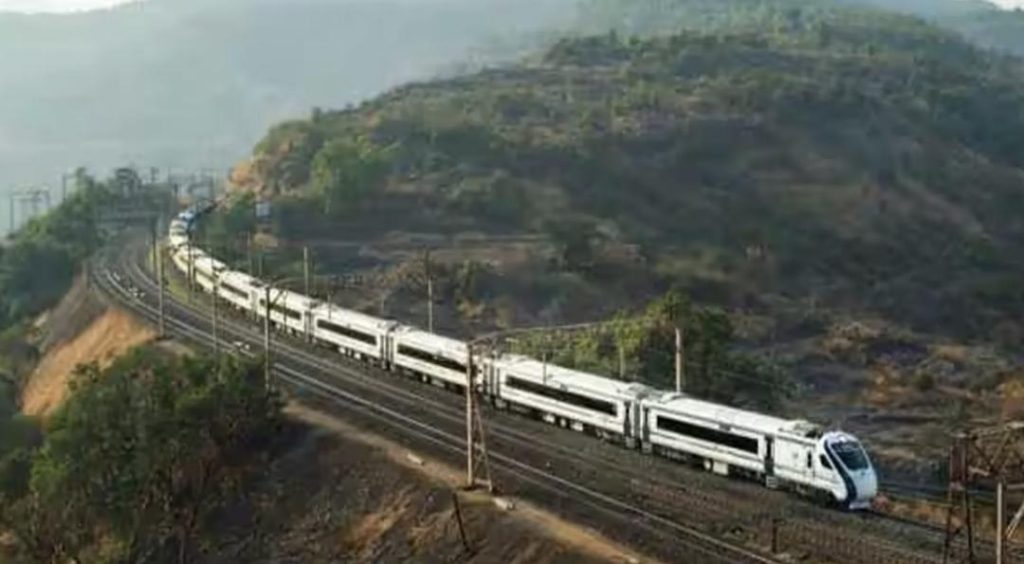
Indian Railways Upgrades Delhi-Mumbai, Delhi-Howrah Corridors
India’s railway network is set to witness a significant upgrade as Indian Railways has sanctioned infrastructure enhancements on the Delhi-Mumbai and Delhi-Howrah corridors to support train speeds of 160 kmph. This development is expected to revolutionize the way passengers and freight move across the country, reducing travel times and increasing the overall efficiency of the rail network.
According to Railways Minister Ashwini Vaishnaw, the upgrade will involve the addition of new tracks, signaling systems, and other infrastructure to enable trains to operate at a higher speed. The Minister confirmed that the upgrade will cover thousands of kilometers of track on the two corridors, which are among the busiest and most critical in the country.
The Delhi-Mumbai corridor is a vital link that connects the financial capital of India to the commercial capital, and is used by millions of passengers every year. The upgrade is expected to reduce travel time between the two cities, which currently takes around 12-14 hours, to around 10-11 hours. The Delhi-Howrah corridor, on the other hand, is a critical link between the national capital and the eastern seaboard, and is used by millions of passengers every year.
The upgrade is part of Indian Railways’ efforts to modernize its infrastructure and improve passenger services. The railway network has been expanding rapidly in recent years, with the introduction of new trains, upgraded stations, and improved amenities. The upgrade on the Delhi-Mumbai and Delhi-Howrah corridors is a significant step forward in this direction, and is expected to have a major impact on the way passengers travel across the country.
In addition to the upgrade on the Delhi-Mumbai and Delhi-Howrah corridors, Indian Railways is also making progress on its Dedicated Freight Corridors (DFCs) project. The DFCs are designed to separate freight and passenger traffic, reducing congestion and increasing the efficiency of the rail network. The project is expected to be completed by 2024, and will have a major impact on the way goods are moved across the country.
Another significant development is the progress on the Mumbai-Ahmedabad bullet train project. The project, which is being implemented in partnership with Japan, is expected to reduce travel time between the two cities from around 7 hours to just 2 hours. The bullet train will operate at speeds of up to 320 kmph, making it one of the fastest trains in the world.
The upgrade on the Delhi-Mumbai and Delhi-Howrah corridors, the progress on the DFCs, and the bullet train project are all part of a larger effort to transform the Indian railway network. The projects are expected to have a major impact on the country’s economy, reducing travel times and increasing the efficiency of the rail network.
The upgrade on the Delhi-Mumbai and Delhi-Howrah corridors is also expected to have a positive impact on the environment. With trains operating at higher speeds, there will be a reduction in emissions and a decrease in the carbon footprint of the railway network. This is particularly important in a country like India, where pollution is a major concern.
In conclusion, the upgrade on the Delhi-Mumbai and Delhi-Howrah corridors is a significant development for Indian Railways, and is expected to have a major impact on the way passengers travel across the country. The project is part of a larger effort to modernize the railway network, and is expected to reduce travel times, increase efficiency, and have a positive impact on the environment.
Source: https://trak.in/stories/trains-will-now-run-at-160-kmph-speed-on-delhi-mumbai-delhi-howrah-routes/



